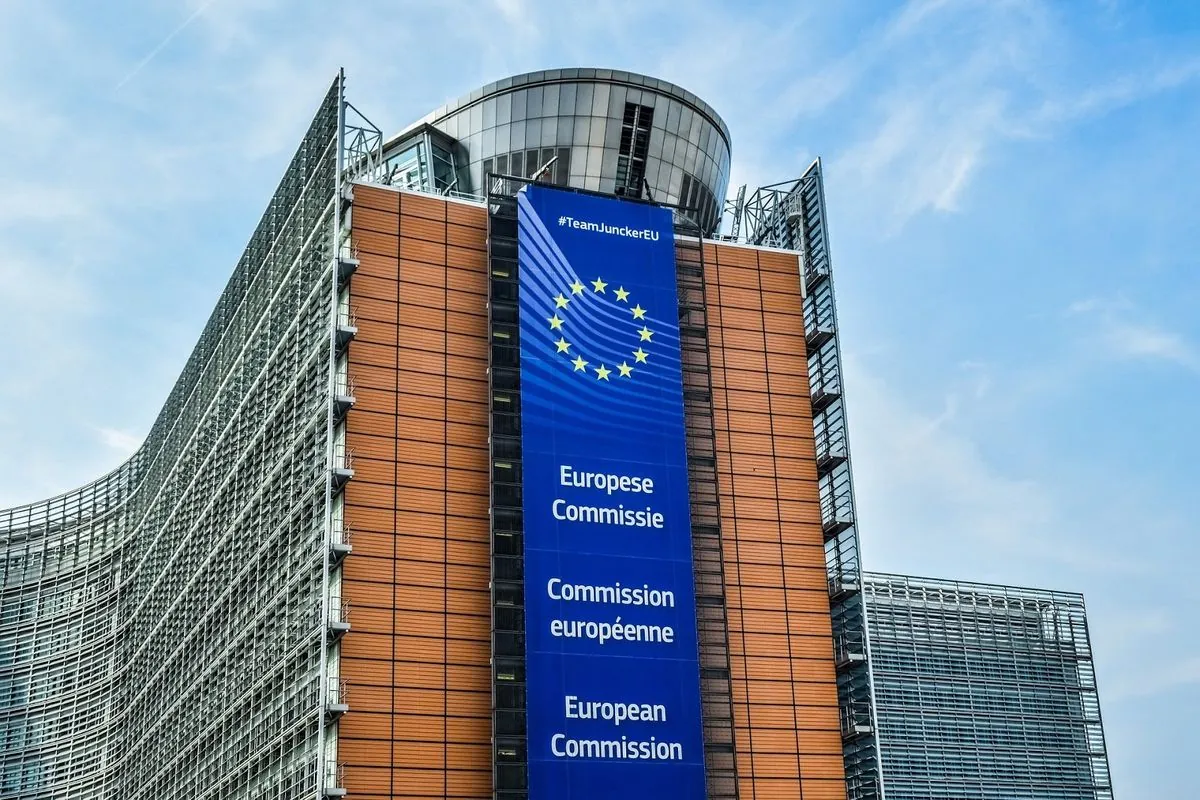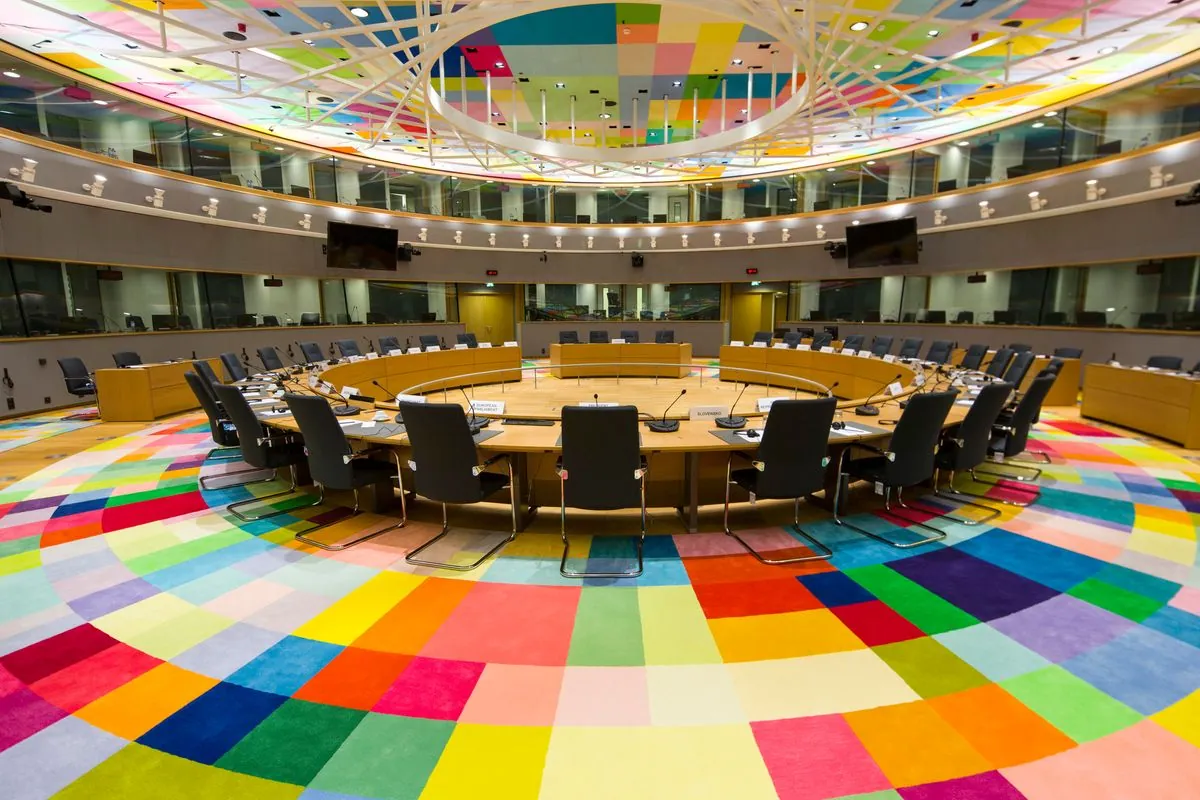French EU Commissioner Resigns, Criticizing von der Leyen's Leadership
Thierry Breton, French EU Commissioner, resigns over leadership concerns. The move impacts the formation of the new European Commission team, highlighting political tensions within the EU's executive branch.

In a surprising turn of events, Thierry Breton, the French Commissioner for the European Union's internal market, has stepped down from his position. This resignation, occurring on September 15, 2024, comes at a critical juncture as European Commission President Ursula von der Leyen prepares to unveil her new team for the next five-year term.
Breton's departure stems from his criticism of von der Leyen's leadership style and decision-making process. In his resignation letter, shared on social media, he expressed concerns about "questionable governance" within the Commission. This development has cast a shadow over the formation of the new Commission, originally set to commence its work on November 1, 2024, but now potentially delayed until January 2025.
The European Commission, established in 1958, serves as the EU's executive branch, proposing legislation and ensuring compliance with EU rules across its 27 member states. It comprises a College of Commissioners, each overseeing different policy areas crucial to the functioning of the world's largest trading bloc.
In response to Breton's resignation, French President Emmanuel Macron swiftly nominated Stéphane Séjourné, the current foreign minister, as France's new candidate for the Commission. This rapid replacement underscores the political significance of maintaining French representation within the EU's executive body.
Von der Leyen, who became the first female President of the European Commission in 2019, has been striving to achieve gender balance within the new Commission. She requested each member state to propose both male and female candidates for commissioner roles, a move that has met with varying degrees of compliance from EU countries.
The resignation has brought to light the intricate negotiations surrounding the distribution of Commission portfolios. Some positions, such as those related to trade, finance, or EU enlargement, are particularly sought after by member states. The role of vice president, of which there are seven in the Commission, is also highly coveted.
Breton's tenure was marked by his involvement in key EU initiatives, including efforts to expand Europe's defense industry in support of Ukraine. His recent clash with tech billionaire Elon Musk over content moderation on social media platforms highlighted the Commission's role in addressing digital challenges.

The European Parliament will now scrutinize the nominees for the new Commission through a series of hearings. This process ensures that the appointed Commissioners are qualified to act in the EU's interest, rather than representing their home countries' agendas.
As the EU navigates this unexpected change, the incident serves as a reminder of the complex political dynamics within the bloc's institutions. The Commission's crucial role in initiating legislation, managing EU funding programs, and overseeing the EU budget underscores the importance of a cohesive and effective leadership team.
"A few days ago, in the very final stretch of negotiations on the composition of the future College, you asked France to withdraw my name — for personal reasons that in no instance you have discussed directly with me — and offered, as a political trade-off, an allegedly more influential portfolio for France in the future College."
This development raises questions about the potential impact on EU-France relations and the future direction of key EU policies. As the situation unfolds, all eyes will be on von der Leyen and her ability to navigate these challenges while maintaining the Commission's effectiveness in addressing the diverse needs of the European Union.


































